You may have realised lately that just about every website you visit asks you for your permission to use cookies. Internet browsers like Safari and Firefox made third-party cookies a thing of the past some time ago, but in 2020, Google announced that it would be following suit with its Chrome browser making third-party cookies obsolete by 2023. As there are over 3.2 billion Chrome users worldwide, one can only expect that this development has left publishers and digital marketers scrambling to prepare for advertising without cookies.
There is no doubt that these changes will cause ripples in the online advertising world. However, this shift is taking place for positive reasons. Advertising without cookies means a more private, transparent, and trustworthy online world for everyone who exists in it. The question now is how do digital marketers prepare for a cookieless world so that we can continue to accurately target and grow online audiences?
What are third-party cookies?
To understand how this revolution will affect the online advertising industry, it’s important to grasp what third-party cookies actually are.
Cookies are a form of technology that is placed on websites to enable online advertisers to track website visitors across the internet. Using third-party cookies, website operators can determine which sites a user visits as well as their behaviour on these websites. This information helps to build a profile for a user’s specific interests and activities. This data is then utilised to create highly targeted ads.
What is a cookieless future?
You’ve probably heard the term ‘cookieless future’ at least once by now. Google’s move to phase out the use of cookies is a move in the same direction as international laws like the European Union’s General Data Privacy Protection Regulation (GDPR) and the California Consumer Privacy Act (CCPA).

A world without cookies will be one where developers will have to start to adopt new technologies to phase out cookies in line with Google’s deadline. What these technologies are isn’t necessarily clear at this point. However, there is some speculation that Apple plans to make use of mobile device IDs, and Google is planning to integrate a technique that hides users in large online groups based on their interests while keeping browsing histories private.
Why the focus on privacy?
As data breaches continue to make headlines across the world, consumers have become far wearier of their privacy and security online. In fact, a recent survey showed that consumers are likely to take their business elsewhere if they are given any reason to not trust a website.
On the other hand, consumers do expect a level of personalisation in the advertising they’re served to make decisions about their purchases. This is why it is urgent that digital marketers start to understand how to best develop a marketing strategy that allows them to advertise effectively without relying solely on third-party cookie data.
How does cookies affect digital marketing?
Digital marketing relies heavily on both Google’s third-party cookies and on Apple’s identifiers for advertisers (IDFA). As these tools have followed users around the internet, they’ve provided rich data to help understand consumers, customise campaigns, and measure results.
The demise of the third-party cookie has an impact on:
- Identity and addressability as businesses will now have to find new ways to track and identify their audiences online.
- However, with new data will come new targeting capabilities such as contextual targeting and first-party data audience segments.
- The way content is monetised, and ad inventory is sold to brands will change.
- Data privacy. Brands will have an opportunity to improve their transparency and opt-in processes when collecting and activating data.

A recent study found that only 37% of companies are prepared for a future without third-party cookies as the main component of their advertising strategies. The time to plan for a cookieless future is now so that your digital marketing strategy is positioned to give your brand the advantage.
What can digital marketers do?
It may sound like aspects of digital marketing, such as targeting and segmenting audiences would be impossible in advertising without cookies world, but this isn’t the case. There are several strategies digital marketers can adopt to effectively market brands online without third-party data.
- You will need to re-think your strategy and map out what data is worth to you, where you are sourcing it today, and how those sources may be disrupted.
- Use this map to determine exactly what data you need, which could be less than you thought.
- Consider that data can be riskier, especially considering some recent high-profile privacy breaches.
- You will need to create opportunities where consumers want to share their data. These days, free content or lead magnets aren’t enough to get consumers to share data and accept ads. You will need to up your game in what you’re offering in return for data.
- Value can be provided in the form of ease, convenience, premium content, a compelling experience, and displaying evidence that consumers can trust you with their data.
- Use your digital platforms to be transparent with consumers about how their data is handled and stored.

The death of cookies has meant that other innovations are being brought to light. Many companies and platforms are rolling out cookie-free, privacy-friendly options for identity and attribution. Other technologies could come into play, including:
- Identity graphs
- Confidential computing and differential privacy
- Data clean rooms
- Targeting by segments
- Artificial Intelligence (AI) and natural language processing (NLP)
Regardless of how you change and adapt your digital marketing strategy so that your brand can be marketed effectively in a post-cookie world, it is imperative that you act now. There’s still a lot of uncertainty surrounding how data will be collected in future, but if you wait until the dust settles, you will have waited too long, and your competitors will have access to data that you don’t.







